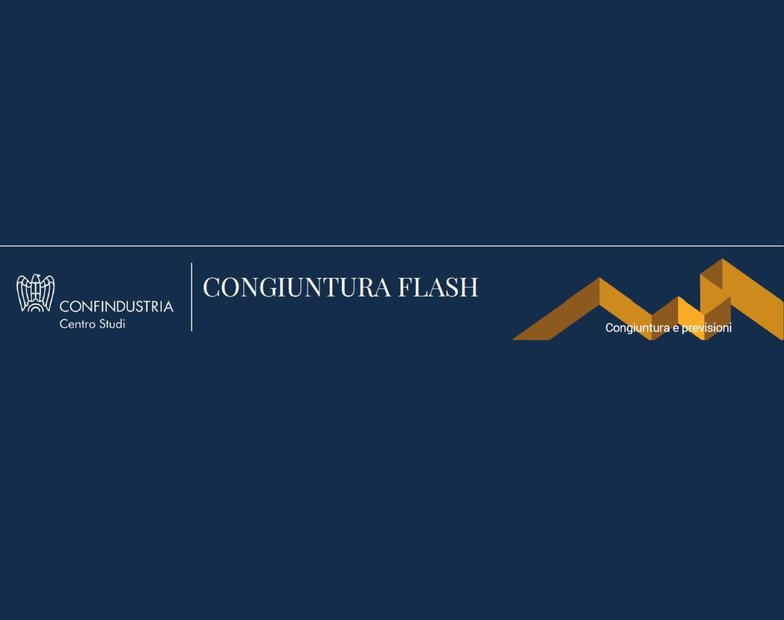Reuters deals with the economic aspect with an analysis: while Russia faces a potential default, investors evaluate legal options. 30-day grace on $649 mln debt payments due April 4. U.S. Treasury banned use of frozen funds for debt payments. Moscow says Western sanctions blocked US$ payment. Litigation can be costly, lengthy. [Analysis: As Russia faces potential default, investors weigh legal options – Reuters]
As Russia teeters on the brink of a historic default, foreign investors in the country's debt have few palatable options to recover their money: bet on costly legal action, trust bilateral agreements will stand, or sit on their hands.
Foreign creditors would typically try to band together to negotiate, go to court or in some cases seek arbitration in cases of default, but Western sanctions in the wake of Moscow's invasion of Ukraine and the peculiarities of Russian sovereign bonds make those options hard at the moment, lawyers said.
Some $40 billion of Russian sovereign debt issued in dollars and euros is outstanding, with about half of that held by foreigners. Under terms of most of that debt, Moscow must pay investors in the currency in which the bonds are denominated.
Western sanctions cut off Moscow’s access to some $300 billion in gold and foreign currency reserves it held in banks abroad. That means Moscow must either use whatever hard currency it has at home to pay investors, or default on its obligations.
Russia says it has the money and is willing to pay but cannot do so because of the sanctions imposed in response to what it calls a "special military operation" in Ukraine. It said it would use its own currency if it cannot pay in foreign currency until its reserves are unfrozen.
It has made a $649 million payment that was due on April 4 on two of its bonds in roubles rather than the dollars it was mandated to pay under the terms of the debt, a move a derivatives watchdog ruled a "potential failure to pay".
Rating agencies have said Russia may be in default because the payment must be made in dollars or due to a perceived lack of willingness to repay, with S&P lowering its foreign currency ratings to "selective default". read more
Once a 30-day grace period to the April 4 bond payments passes in early May, investors would have three options, said Dennis Hranitzky, head of sovereign litigation at law firm Quinn Emanuel.
They could wait and see what happens, take legal action against Russia in court, or seek arbitration under bilateral treaties that Russia has with dozens of countries, he said.
With the situation around sanctions changing as the war rages on, the first option is the most likely one, said Hranitzky and other lawyers who are in touch with bondholders.
"I don't think we know enough about how this is going to unfold, we don't know how long the war is going to last," said Hranitzky.
The situation with Russia is unprecedented.
One lawyer said the closest historical parallels, where geopolitics are the main driving force in a potential default scenario, are when U.S. President Jimmy Carter cut off Iran's oil sales and froze its assets abroad in response to the 1979 hostage crisis at the American embassy in Tehran, and when Britain encouraged banks to declare Argentina in default in the wake of the 1982 Falklands/Malvinas war.
In both cases, the crisis eventually abated as did the political pressure, said veteran debt lawyer Lee Buchheit.
"It's been 40 years since we have seen anything quite like this," said Buchheit, who has worked on such sovereign debt restructurings as Greece and Argentina. "This is not a financial problem; it is a pure political one."
Bondholders can try to take matters to court but this is often a costly and lengthy process aimed at either getting compensation or seizing assets. In the case of Russia, legal action will be even more fraught, the lawyers said.
For one, the contracts of the bonds in question do not define a jurisdiction in case of a dispute, which will make it more challenging for bondholders to decide on the venue they use to sue.
Lawyers also expect Moscow to mount a defense blaming sanctions for its inability to pay after Finance Minister Anton Siluanov said Russia would take legal action if the West forces it to default. read more
The bond contract is bound by English law, under which the argument of frustration of purpose could be made, meaning that Moscow could argue that it tried to pay but the West wouldn’t let it because of the sanctions.
"Russia is going to argue this," said Mitu Gulati, a law professor at the University of Virginia and expert on debt restructurings. However, he expected Moscow would have limited success. "Yes, this is a war, but it is a war caused by Russia."
Another option for investors would be to seek arbitration directly against Russia. An investor-state arbitration allows creditors from jurisdictions with bilateral investment treaties to bring claims and seek monetary damages and other relief directly against the state.
Russia has dozens of such treaties, including with most of the European Union, the United Kingdom and Canada, according to the United Nations Conference on Trade and Development.
An arbitration award like that could be enforced in U.S. courts, said Hranitzky, whose firm also represents Ukraine's government in financial disputes with Russia.
"The nightmare scenario is that the situation in Ukraine is not resolved and sanctions remain in place for months, maybe longer," Buchheit said.



